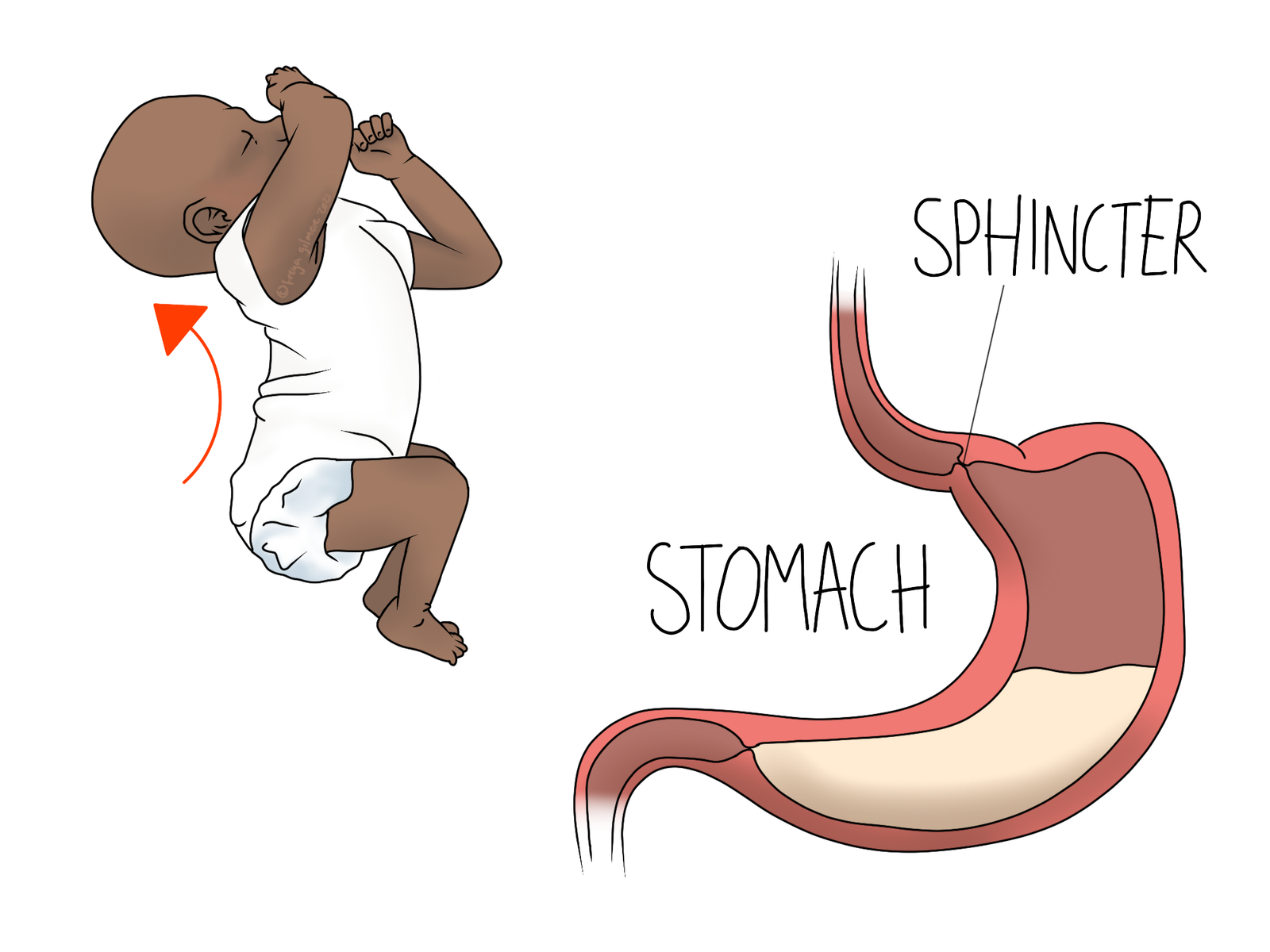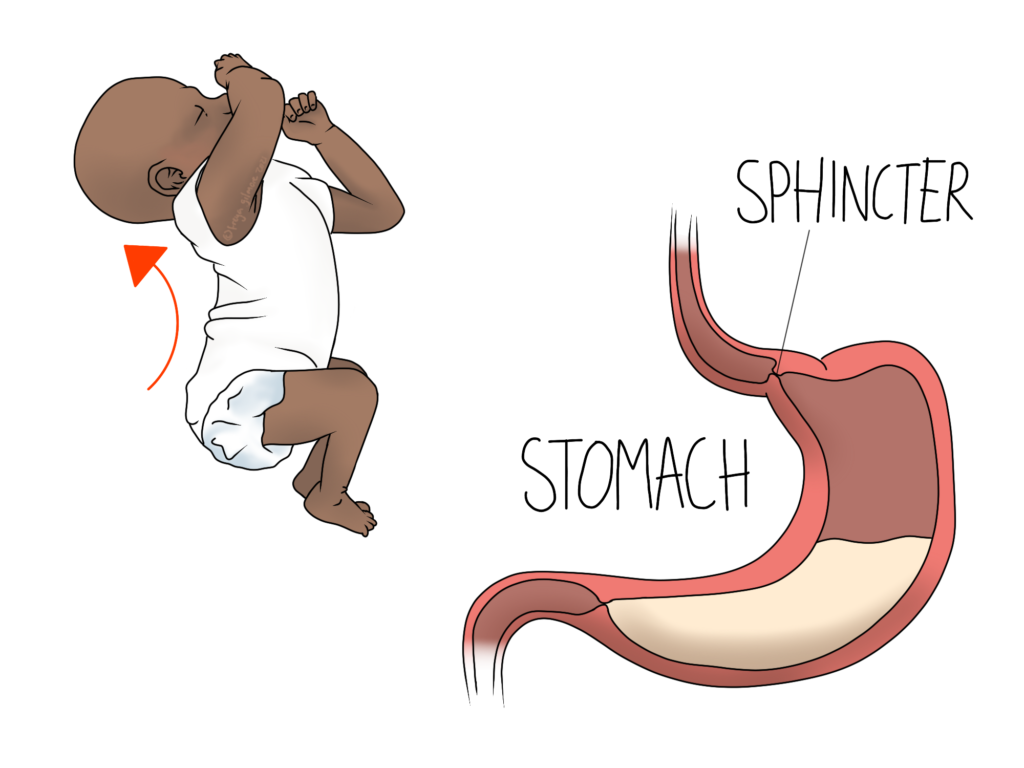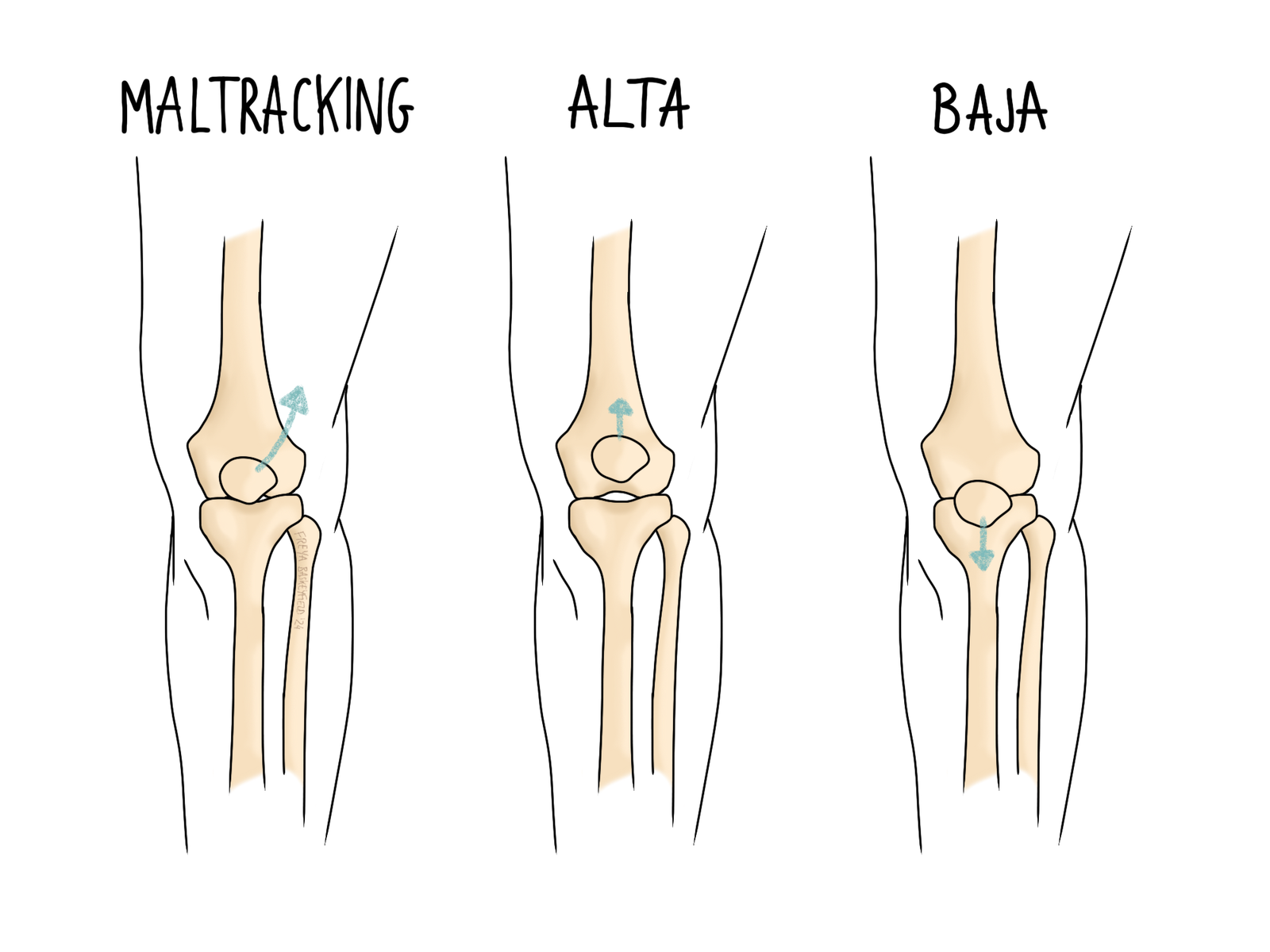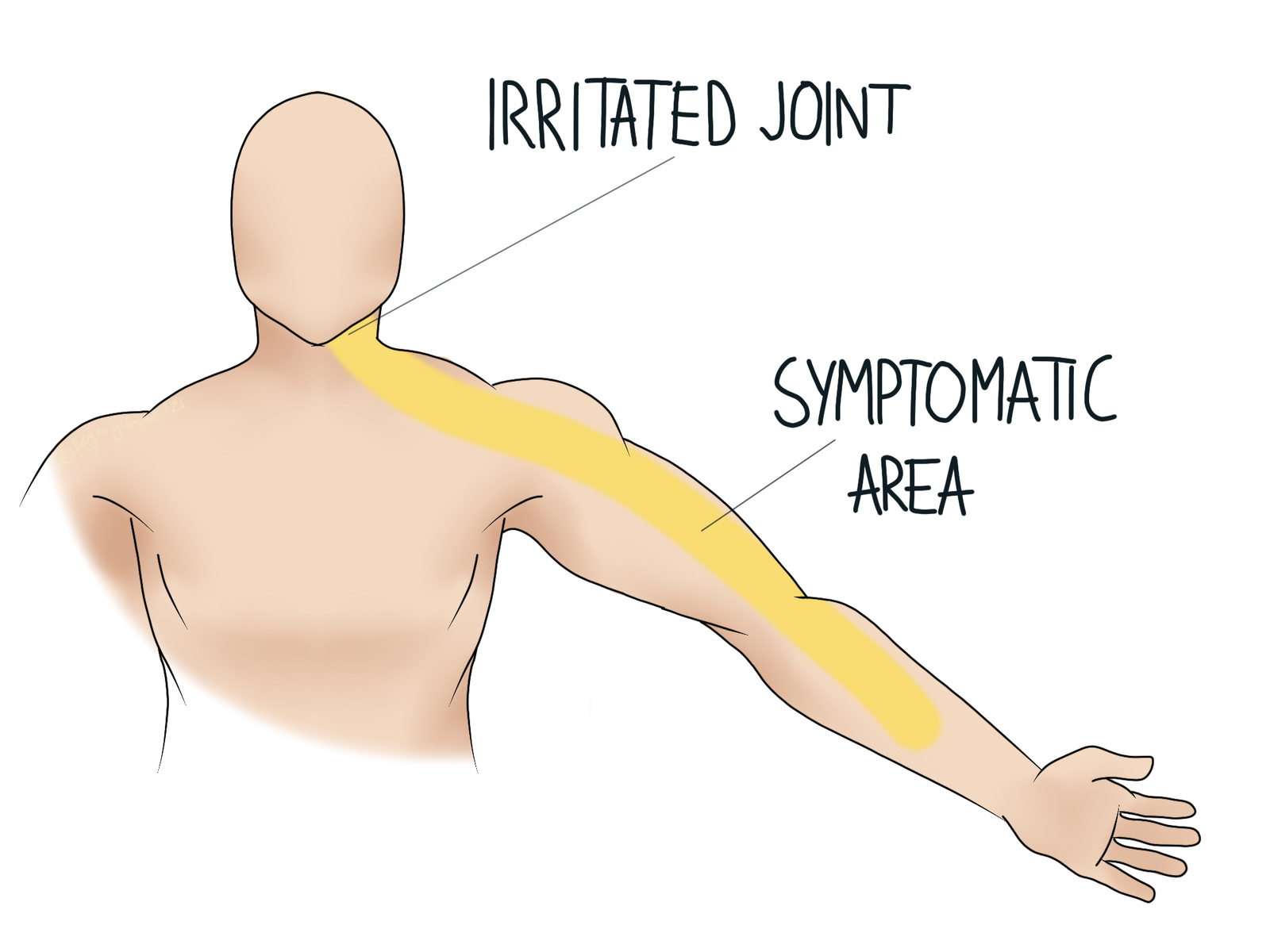We've all heard of IBS, but what is it really? It can't be diagnosed by…

Reflux and Silent Infant Reflux
Reflux is a common ailment for adults, but it can also cause discomfort for babies, especially those under the age of 12 months.
What is Reflux?
Also known as heartburn in adults, reflux is the back-flow of stomach contents into the oesophagus (food pipe). “Heartburn” describes the symptoms well- a burning pain in the chest as the stomach acid irritates the more delicate tissues of the food pipe. There is a sphincter at the top of the stomach that is meant to stop the contents flowing back up, but this may be less effective if you are very full, have had alcohol or coffee, or have eaten soon before bed.
With these factors in mind, little babies are at a disadvantage in at least three ways:
- their muscles are relatively underdeveloped
- they spend a lot of time laying down
- their diet is all liquid
So it’s not too surprising that it affects over 25% of babies.
Infant Reflux Symptoms
Frequent vomiting after feeds is the clearest symptom- spitting up counts, although this might not always come with other symptoms. If your baby is bothered by their reflux, they will likely cry, and might arch their back as pictured above. You might find that sitting them up with support makes them feel better.
Speak to your GP or health visitor if you have any concerns about sufficient weight gain.
Silent Reflux
It can be a lot harder to pick up on a baby’s reflux if the stomach contents doesn’t make it all the way out. Reflux without vomiting is known as silent reflux. In either form, discomfort largely comes from the irritation at the base of the food pipe. Therefore, it doesn’t make a huge difference to the baby whether the contents travels up much further than that.
As there’s no visible evidence in these cases, identification of the issue is more dependent on other symptoms- especially the arched posture mentioned above. Noticing when they occur is important too: if they follow a feed, especially soon after being laid down, a digestive cause is more likely.
Your Osteopath’s Role
Osteopaths are qualified to help with some digestive conditions like this. For adult reflux, we will likely assess the diaphragm. Proper function on the diaphragm helps to support the sphincter at the top of the stomach. Conversely, improper function can aggravate symptoms, especially in the example of a hiatus hernia. This is where some of the stomach pushes through the diaphragm. Treating the diaphragm may also be helpful for babies.
Although your baby’s reflux is distressing, do not be tempted to sacrifice safe sleep to try and ease it. The Lullaby Trust recommends that all babies sleep on their backs on a flat, firm mattress without anything more than a light blanket in the cot with them. Raising the head of the cot might encourage a small baby to slip down, and can lead to a position that restricts their airflow. Similarly, laying a baby on their front before they are old enough to roll over themselves is no longer recommended. Of course, if your doctor recommends something different, their personalised advice is what you should follow.




